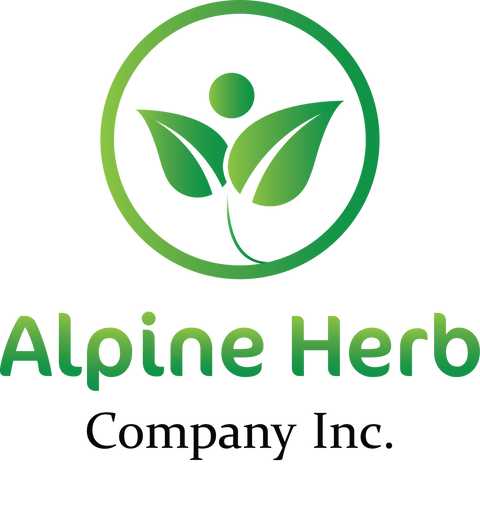Mustard Seed Whole - Yellow
Botanical Name: Sinapis alba
Common Name:
- English: White mustard, Yellow mustard
- Ayurvedic: Siddhaartha, Shveta, Sarshapa, Sarshapa-Gaura
- Unani: Khardal Safed
- Also, known as: Venkadugu, Safed rai, Dholi rai, Raydo, Moutarde blanche, Echter senf, Moutarde blanche
Habitat: Native of Europe and West Asia. Cultivated in North India as a crop.
Origin: Canada
Harvested: Cultivated
Parts Used: Seed
General Information:
Yellow mustard seed is also known as white mustard. The White Mustard, a native of Europe, common in our fields and by roadsides, and also largely cultivated, is an erect annual, about a foot or more in height, with pin-natifid leaves and large, yellow, cruciferous flowers. It closely resembles the Black Mustard but is smaller. The fruit of the two plants differs considerably in shape, those of the White Mustard being more or less horizontal and hairy, while Black Mustard pods are erect and smooth. The pods of White Mustard are spreading, roundish pods, ribbed and swollen where the seeds are situated, and provided with a very large flattened, sword shaped beak at the end. Each pod contains four to six globular seeds, about u inch in diameter, yellow both on the surface and internally. The seed-coat, though appearing smooth, on examination with a lens, is seen to be covered with minute pits and to be finely reticulated. The inner seed coats contain a quantity of mucilage, with which the seeds become coated when soaked in water, hence they are often employed to absorb the last traces of moisture in bottles which are not chemically dry. The cotyledons of the seeds contain oil and give a pungent but inodorous emulsion when rubbed with water.
How to use:
Decoctions are suitable for roots, barks, large seeds & berries, and other dense material. The simple way to make decoction is, in a saucepan, add 1 tablespoon of dried herbs to 1 cup of water. Bring the water to boil, reduce heat and simmer for 30-60 minutes. Strain and squeeze out as much as liquid as possible and enjoy!
Tips:
- You can sweeten your herbal decoctions with a bit of honey, natural fruit juice, stevia leaves powder and or licorice root powder.
Precautions:
You should consult with a qualified healthcare practitioner before using any herbal products, particularly if you are pregnant, nursing, or on any medications.
All information on this website is for educational purposes ONLY.
This information has not been evaluated by Health Canada.
This information is not intended to diagnose, treat, cure, or prevent any disease.


